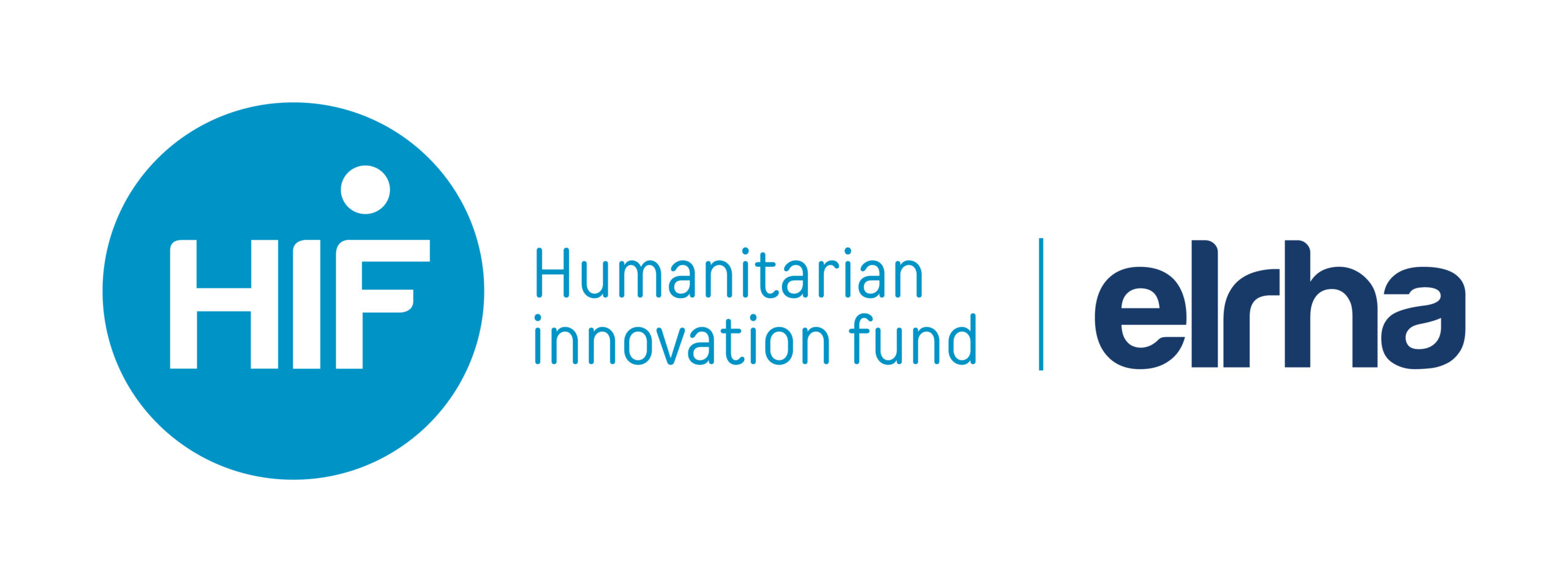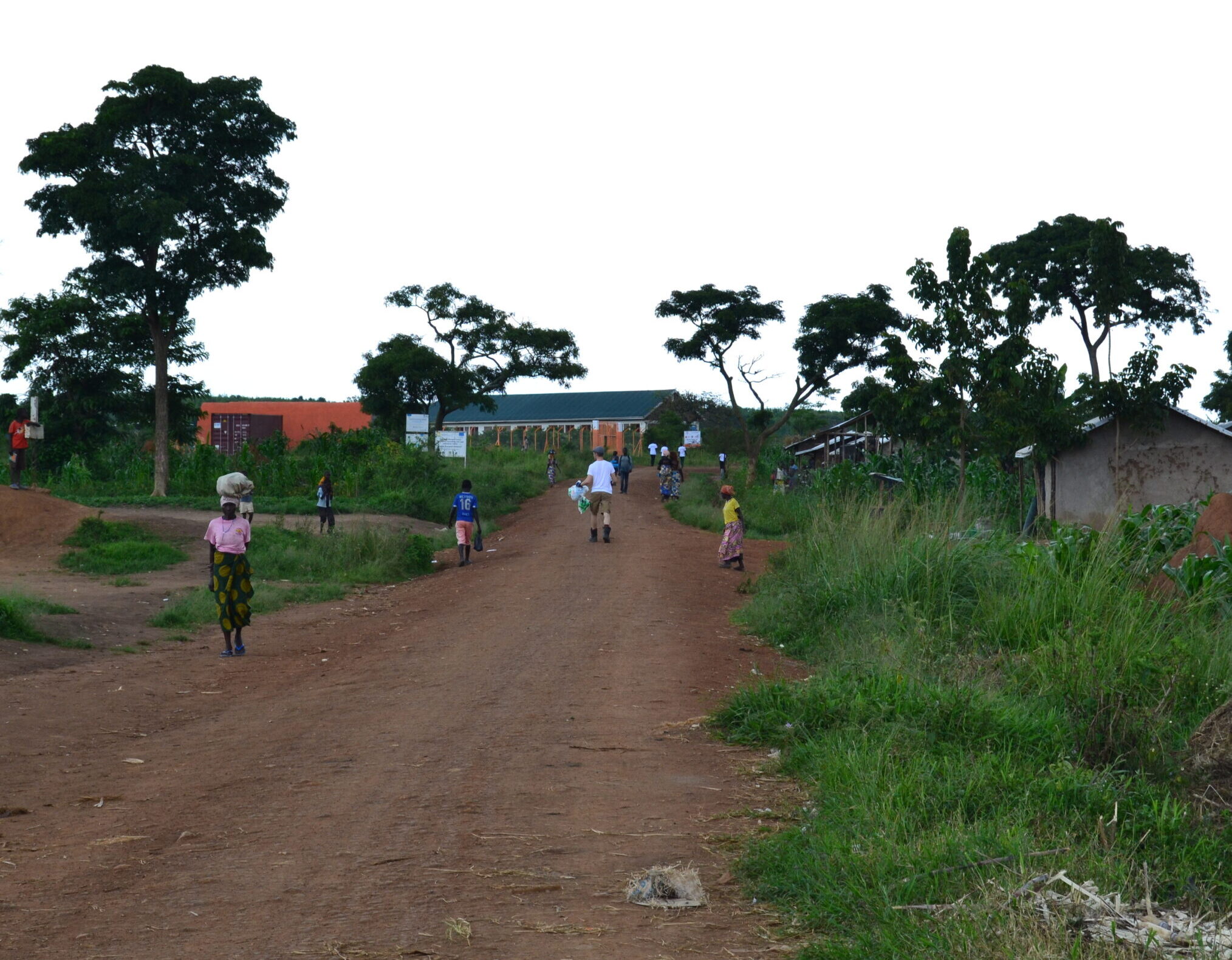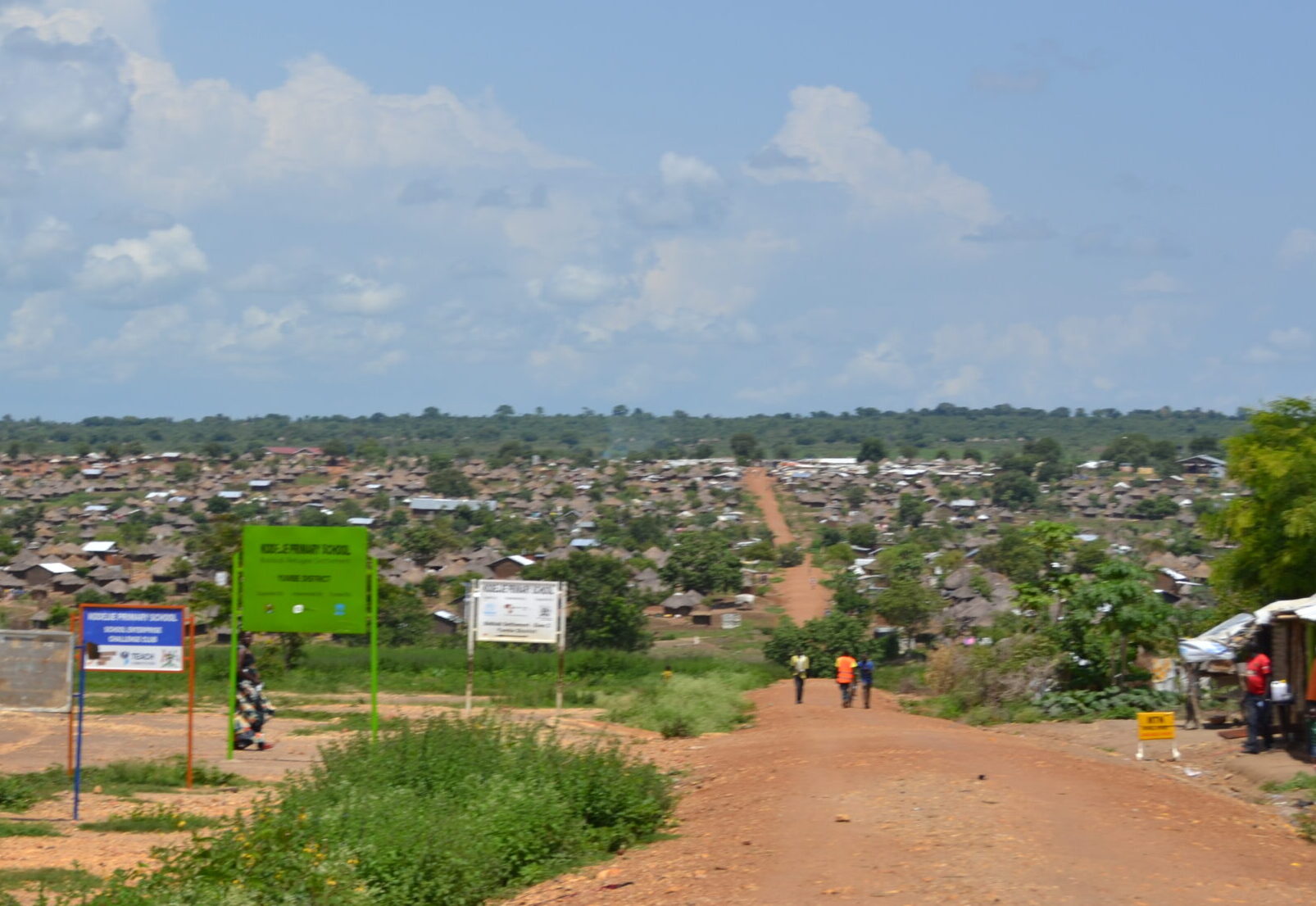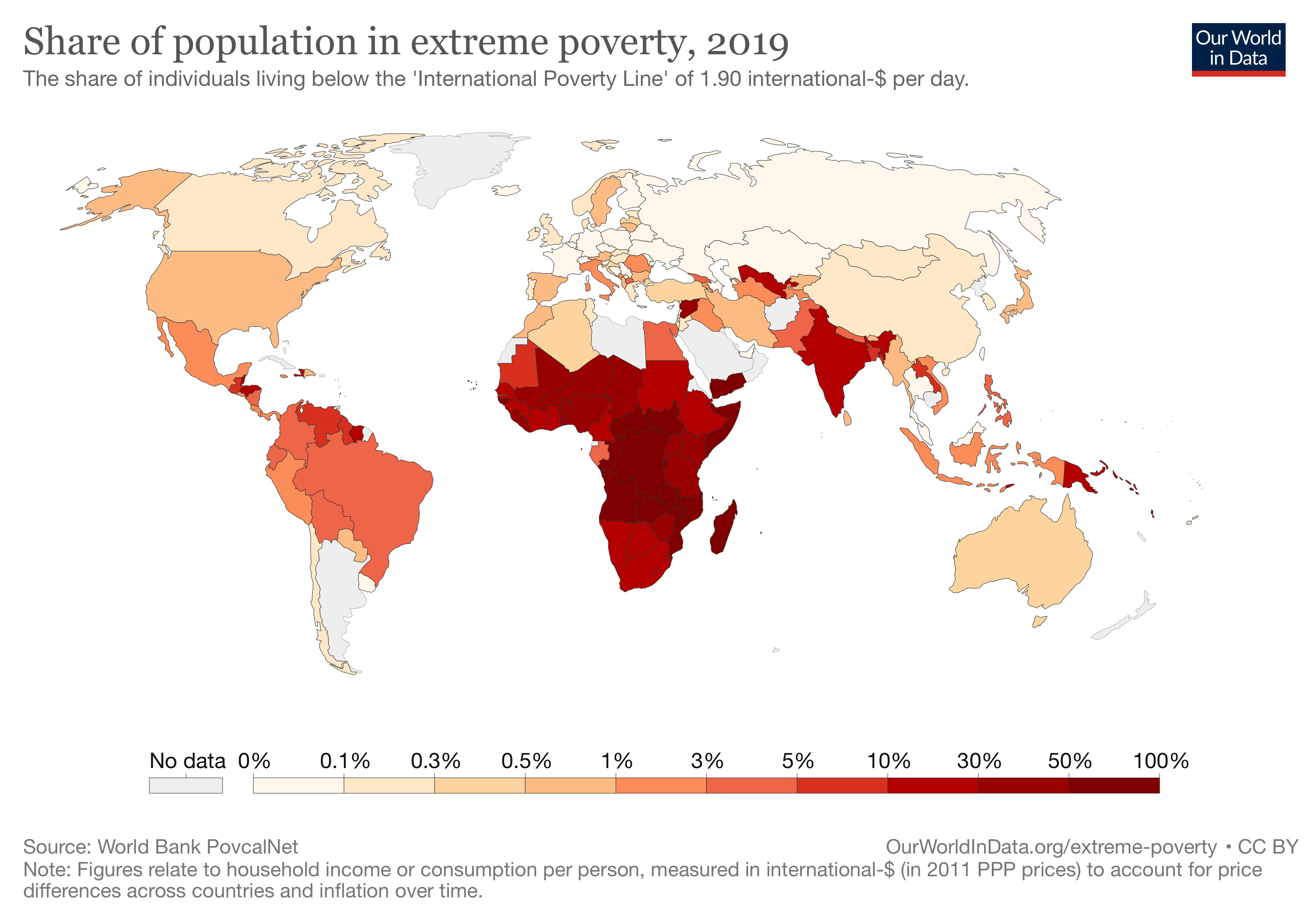Uganda is one of the Central / East African countries with a record of significant economic growth over the past decade. However, this growth has slowed down the last few years, which is among other reasons heavily due to the worldwide COVID-19 pandemic (Worldbank).
Furthermore, as of 2019, 38.02% percent of the entire Ugandan population still live in extreme poverty, definded by the UN as living off less than 1.25 USD a day (SDG tracker).
A large part of that percentage are refugees, who flee to Uganda from neighboring countries such as South Sudan and the Republic of Congo, becasue of humanitarian crises and war.(Statista)
Uganda has an overall progressive open-door refugee policy, allowing those who seek refuge in the country access to land, jobs and social services. However, considering that amenities and resources are scarce, the growing number of refugees presents a huge challenge to local authorities.
To this date Uganda is the largest refugee host in Africa, and the third largest in the world, with a total amount of around 1.4 million refugees in the country, a number that has tripled since 2016 (worldbank data status november 2021)
Because of the scarcity of natural resources it is even more important to protect the remaining ones, such as forests and fresh water sources.
One way of doing so it providing people in rural areas with access to clean, off-grid energy and cooking facilities avoiding fossil fuels. The ECOCA electric solar cookstove is a solution with these capabilties and much more. It goes beyond power supply by enabling beneficiaries to use it for charging smaller electric devices, lighting for homes at night, as well s enough energy to cook 3 meals for an entire family a day.
Apart from natural resources this also saves significant amounts of money, enabling savings and income generation, adding to the UN Sustainability Goal 1 “No Poverty”, which you can read more about on our website.
Our aim is to provide as many refugee families and single parents as possible with our sustainable, environmentally friendly and healthy solution. The successes we see so far speak for themselves, the testimonials and feedback from beneficiaires tell us that the product is easily integratable into daily life.
But we want more.
Therefore we continuously reach out, create awareness and partner up with organizations and programs to expand our geographical reach and retail networks.
Together with Elrha and Mercy Corps as part of the Journey 2 Scale program, we are currently developing and scaling a sustainable business model and production facilities in Uganda. Through the financial support by Elrha we established a local assembly station at the Bidibidi Refugee Settlement in Yumbe, Uganda, where we employ people both from the host communities as well as refugees. Our partner Mercy Corps supports us on further developing, testing further elements of our business model further also leading to the engagement of more retail partners . The Journey 2 scale grant is overall used to assess 5 major goals in total, which you can read more about on our blog.




Leave a Reply
You must be logged in to post a comment.